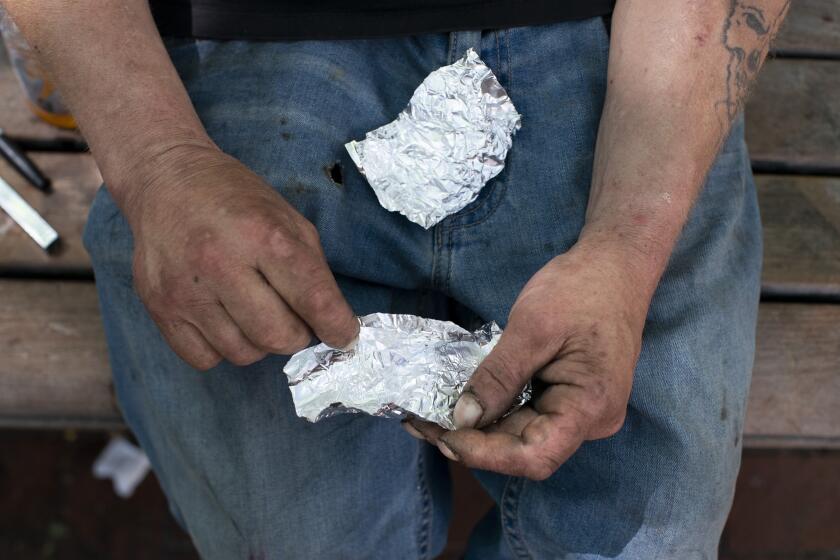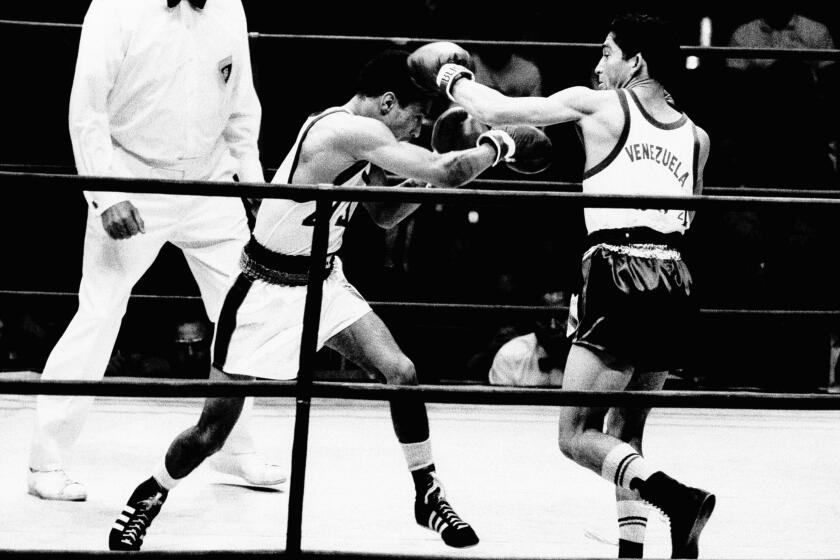Bolivian activist: Women in traditional garb are not ornaments
Worker, union organizer, broadcaster, blogger and YouTuber Yola Mamani is speaking out for Bolivia’s “cholas,” women of mixed indigenous and European descent identifiable by their distinctive costume of bowler hat, layered skirt and shawl.
The self-proclaimed Chola Bocona (Big-mouth chola), denounces discrimination against cholas as well as a tendency to see them as performers in a folklore theme park and their traditional garb as fashion.
Born in the highland province of Omasuyos, Mamani told EFE that she moved to La Paz at the age of 9 to work as a nanny for some relatives and that mistreatment at their hands led her to abandon their home and become a domestic worker.
She attributes her strength to that early experience of learning to stand up to employers and demand respect for her rights to fair pay and schooling.
“Those things taught me to be strong, to talk back, to question myself about the place I occupied in the house where I was working, the place I occupied in this society,” Mamani said in an interview with EFE.
Her confidence grew when she joined the domestic workers union, which in turn led her to the feminist organization Mujeres Creando (Women Creating).
In 2009, Mamani and colleagues in Mujeres Creando launched a radio program, “I am a domestic worker with pride and dignity.”
The program aired on Deseo radio for seven years, by which point most of the participants had left domestic work, whether for marriage or other careers.
Mamani, however, remains in radio as the producer of Women’s News - Warminyatiawinakapa in Aymara, the most widely spoken of Bolivia’s indigenous languages.
The program features interviews with women who are usually not represented in the media.
“It is a space where we are not decoration, where we don’t end up in a pretty painting because we are indigenous or because we are cholas, where we are not news only when we have been raped or killed, but rather in those moments when we are producing, when we are working,” she said.
Mamani said she noticed a few years ago that companies and other institutions were hiring cholas to fill high-visibility positions as receptionists or secretaries.
Later, she saw women from distinctly non-chola backgrounds “disguise” themselves as cholas “to enter politics, to be models.”
“They would have never done it before, but they do it now because being a chola is fashionable. That was my rage, my questioning of this society of double standards, racism, classism,” Mamani said.
That anger was the origin of her blog, “Ser chola esta de moda” (Being a chola is trendy).
“Seeing them (cholas) as decoration has bothered me a lot because I think that cholas think, that we have our opinion on various topics. It’s just that the media, or other intellectuals, have never seen us as thinking beings,” she said.
To expand the audience for her critique, Mamani created her YouTube channel, Chola Bocona.
“I think that I wouldn’t be here right now telling this story if I hadn’t been a big-mouth. Maybe I’d still be a domestic worker, enslaved,” she said.
On her channel, Mamani criticizes the “opportunism” of white women who dress as cholas, intellectuals who reduce Aymara women to their traditional clothing and media that depicts cholas only in the contexts of cooking, folklore and fashion.


